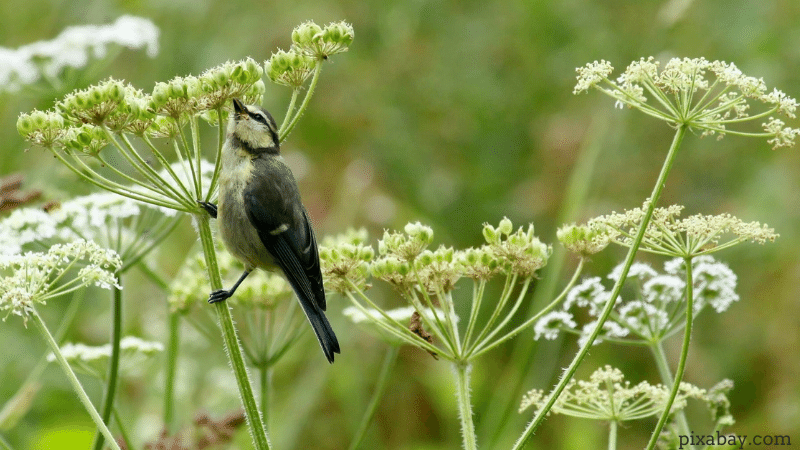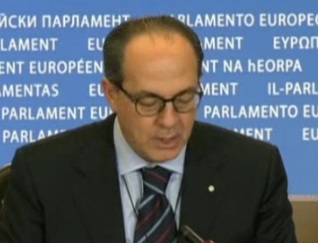Below we republish the full text of Agroecology Europe’s Barcelona Letter on Agroecology. Policy and investments, inclusion and participation, rural-urban connections, pricing, breeding, technology and transition all feature in this call out for a different approach to how we the people do farming and food, land and labour, learning and research. Our emphasis (in bold) added below for clarity. The full formatted letter is available below to download, including with the signatories – 41 organisations and 169 individuals, including ARC2020. For more from Agroecology Europe, see its website.
Citizens, grassroots organisations, scientists, farmers, and policy makers from all over Europe organised the Third Agroecology Europe Forum in Barcelona, World Sustainable Food Capital 2021, and asked for a strong and immediate transformation of the way we eat, the way we work, and the way we live. They showed that a transformation is possible and is already taking place in many European territories and communities that have embraced an agroecological approach.
An agroecological approach to regenerate our food system is needed to halt the negative impact of climate change, biodiversity loss, or pandemics. With Covid-19 we witness what happens to humanity when our lack of respect for nature crosses the line. And this is why the link between healthy people, healthy societies and a healthy planet puts sustainable systems at the heart of the Farm to Fork strategy. This is a practical plan on how to make our food systems resilient with eleven actions.
(D/L) The Agroecology Europe Barcelona Letter with Signatures
1. Invest public money in public goods (e.i., carbon sequestration in soils, biodiversity restoration), and ecosystem services (e.g. pollination) by reorienting the main part of Common Agricultural Policy (CAP) subsidies.
2. End CAP support per hectare and adopt support to people for halting the extinction of farmers’ populations. Develop a CAP approach oriented to generate more employment in the agricultural sector, while reducing its dependence on fossil fuels. Subsidies should be paid for additional efforts, and not for mandatory measures already covered by conditionality and greening in CAP Pillar I.
3. The transition to healthy systems must be done by giving a voice to the ones that are never heard. Bottom-up governance mechanisms for the European food systems, including farmers, food workers, citizens and social movements as fundamental agents are needed. Transitioning means moving from food production to food security and sovereignty, through participatory governance.
4. Decrease support to reductionist agricultural research, and increase investments in public research on agroecology and organic farming, creating Agroecological Living Labs. Transitioning to agroecological systems needs a life-long learning, transdisciplinary and multistakeholder approach, in formal and non-formal education and research. Agricultural sciences curricula should be transformed into agroecological curricula.
5. Rethink the relation between urban and rural societies and territories, as cities and rural life and ecosystem are interdependent. We need to create an alliance based on short supply chains with surrounding territories, as indicated by the “Milan Urban Food Policy Pact” (signed by 199 cities).
6. Consistent participatory planning and additional public funding should be directed to develop governance arrangements that promote healthy and sustainable diets for all, in urban and rural areas. The plan should reinforce the link between food and care policies by having community infrastructures and increasing support of the scholar community. Public funding should also be dedicated to eco territories, including biodistricts and agricultural parks.
7. Digital technologies can play a complementary role in the agroecological transition only if end-user involvement, open technology and peer-to-peer process of sharing innovation is adopted to ensure technology sovereignty.
8. Prices don’t lie, but hide the real cost. The price of food should also reflect the real social and human capital cost (true-cost accounting). An active defense and promotion of the rights and fair payments to workers and the mechanisms of collective representation is needed. It is essential to generate inclusive and participatory multi-stakeholders mechanisms so that agroecological foods and the associated ecosystem services become accessible to all without being part of a cultural or economic privilege, nor derived from stigmatized forms of public or private aid.
9. Develop Eu Policy as well as local/regional programs to facilitate access to land for all and specially for youth through Land Banks, for instance council land redistribution. This would generate new job opportunities and rural development and promote safe and decent working conditions and wages, in line with workers’ rights and national legislations.
10. We urge the transition to an agroecological food system as a core element of the European strategy on climate and biodiversity action, including ambitious action plans for supporting family farmers as key actors of quality food production, and reinforcing short value chains by including the real cost of productions respecting nature in all the food that is processed and consumed.
11. Assigning public funding to participatory breeding programmes aimed at developing resilient cultivars and breeds by exploiting diversity and genotype through environment interactions. This would allow to fully exploit the potential of low-input systems and marginal agricultural areas.
These actions should not be restricted to the EU, but also consider the openness, solidarity, cooperation with other areas on the planet. To phase out the existing fossil-fuel based agriculture, to transform our food, transport and energy systems, and to protect all life on the planet, citizens, farmers, scientists and young people calling for their right to a decent future. We urge policy makers to implement the agroecological transformation, and even go beyond the European Green Deal, the Farm to Fork and Biodiversity 2030 strategies with courage and transparency starting from these eleven actions.
More on ARC on Agroecology
Farm to Fork Strategy: Ambitious, Realistic Innovation Pathway for the European food System





